8 GPTs for Workplace Disputes Powered by AI for Free of 2026
AI GPTs for Workplace Disputes are advanced computational tools designed to address and manage conflicts within professional environments. Leveraging the power of Generative Pre-trained Transformers, these tools are tailored to understand, analyze, and provide resolutions for disputes arising in the workplace. They stand out by offering nuanced and context-aware solutions, making them highly relevant for organizations aiming to maintain harmonious work relationships and enhance dispute resolution mechanisms.
Top 8 GPTs for Workplace Disputes are: Inspecteur du Travail,仲直りBOT,🧑💼 HR Conflict Navigator AI 🤝,Mediation & Conflict Resolution Facilitator,Conflict Mediator,Conflict Coach,AmITheAsshole,Conflict Mediator
Inspecteur du Travail
Empowering Workplace Rights with AI
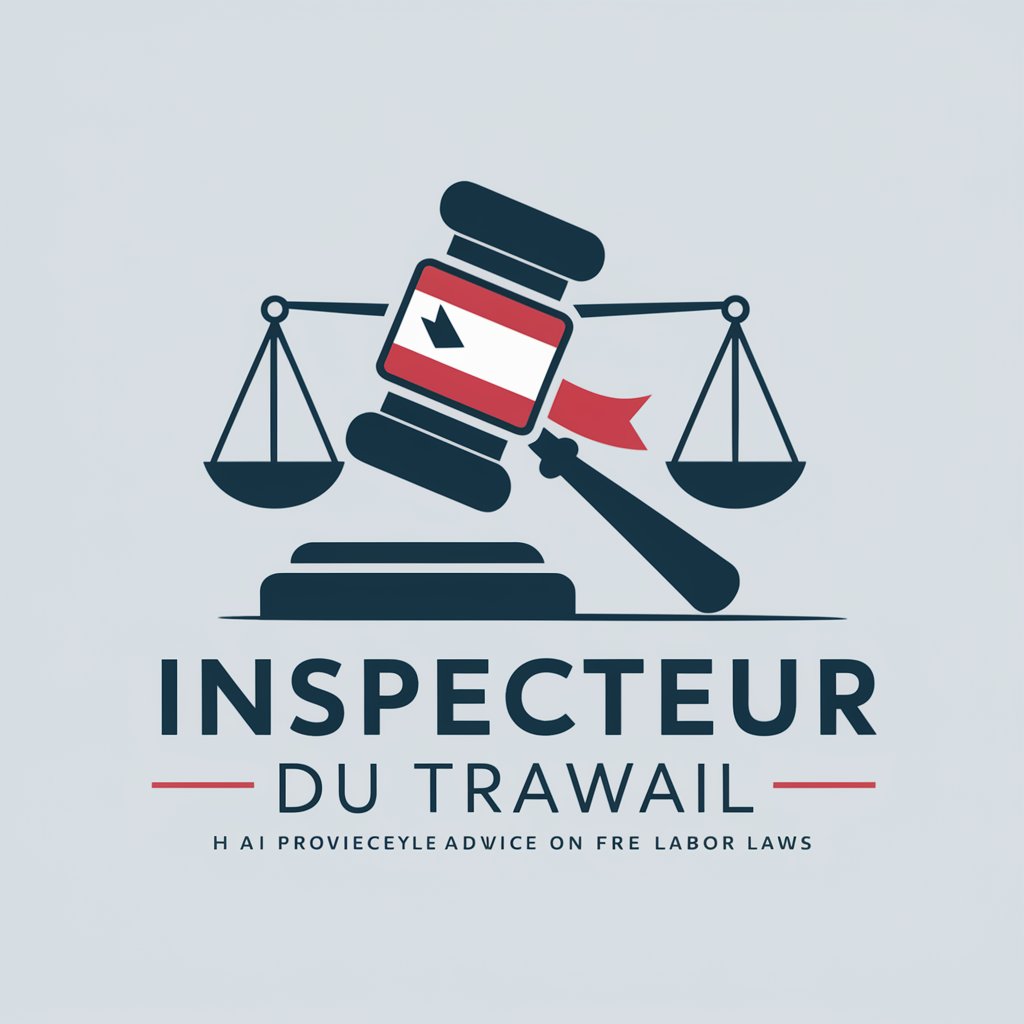
仲直りBOT
Empowering Empathy in Disputes

🧑💼 HR Conflict Navigator AI 🤝
AI-powered HR conflict resolution at your fingertips.
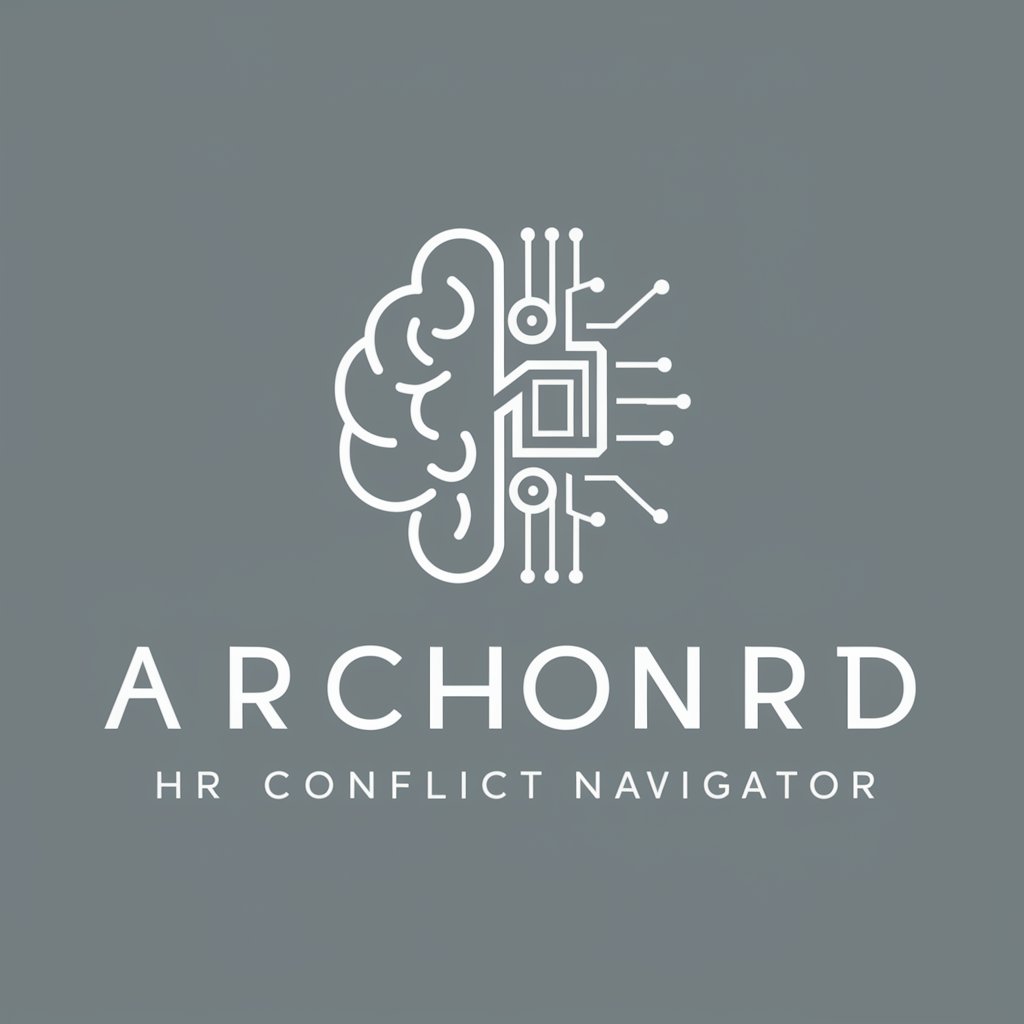
Mediation & Conflict Resolution Facilitator
Smarter Conflict Resolution, Powered by AI
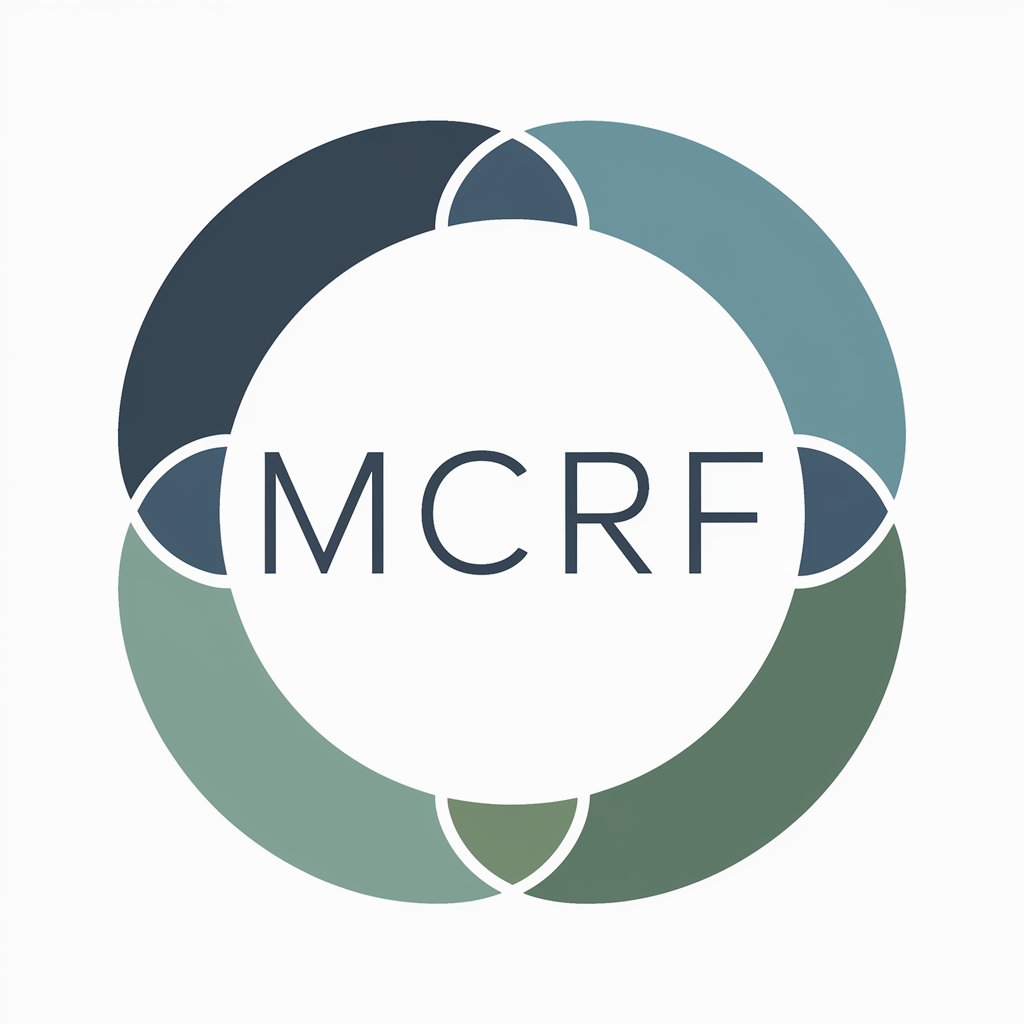
Conflict Mediator
Navigate Disputes with AI-Powered Mediation
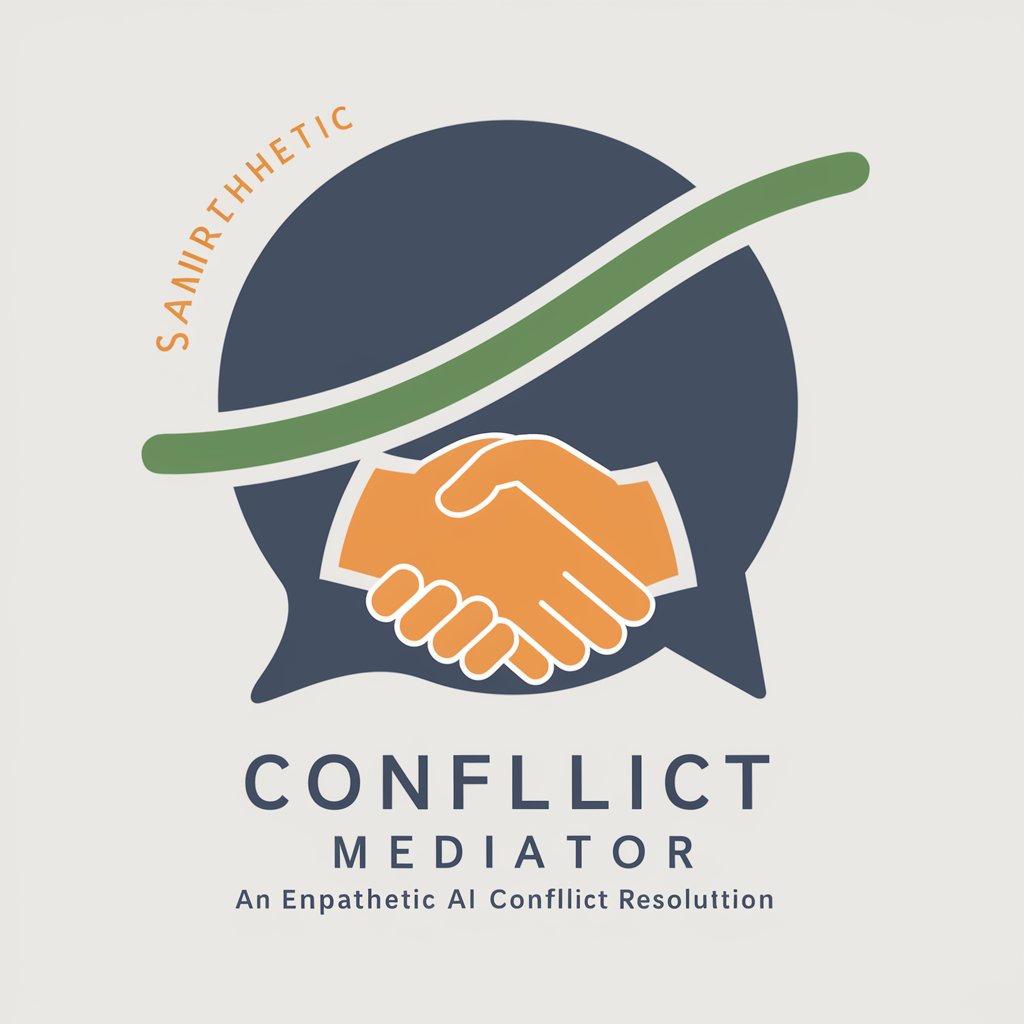
Conflict Coach
Harness AI to Master Conflict Resolution
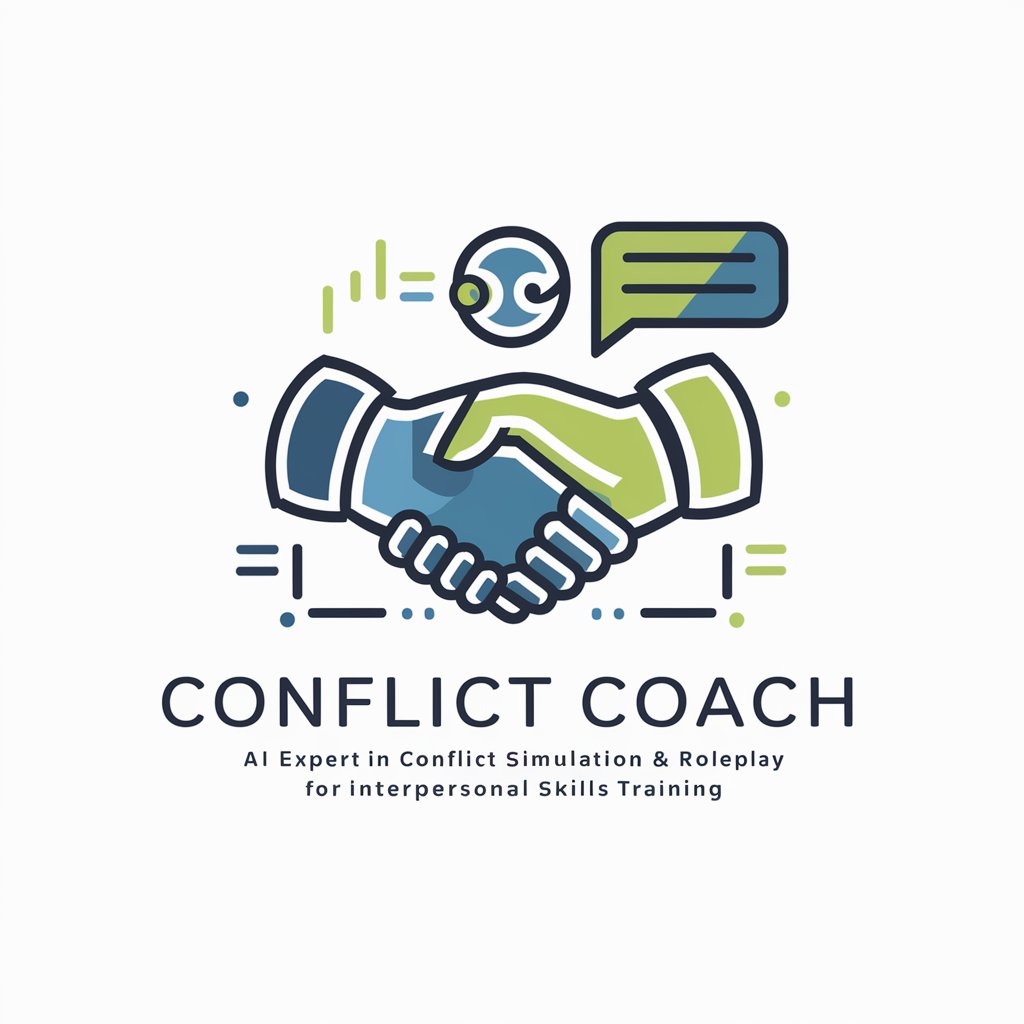
AmITheAsshole
Resolve Moral Dilemmas with AI

Conflict Mediator
Empowering Resolution Through AI

Key Attributes of Workplace Dispute AI GPTs
These AI tools come equipped with features like natural language understanding, sentiment analysis, and the ability to generate meditative solutions. They can adapt from providing basic assistance, such as suggesting communication strategies, to more complex functions like mediating negotiations or drafting settlement agreements. Special features may include real-time language translation for multicultural workplaces, technical support for implementing these solutions, and data analysis capabilities for identifying patterns in workplace disputes.
Who Benefits from Workplace Dispute AI?
This suite of tools serves a broad audience, including HR professionals, managers, mediators, and legal advisors. They are accessible to novices, offering user-friendly interfaces for those without technical expertise, while also providing extensive customization options for developers and professionals in the field of conflict resolution, thus bridging the gap between advanced technology and practical, everyday applications.
Try Our other AI GPTs tools for Free
Friendship Reconciliation
Explore AI-powered tools for mending friendships with tailored advice and communication strategies. Perfect for individuals, developers, and professionals.
Community Issues
Discover how AI GPTs for Community Issues revolutionize problem-solving in community settings, offering tailored, accessible, and integrative solutions for societal challenges.
Educational Conflicts
Explore AI GPTs for Educational Conflicts: Tailored AI solutions transforming how educational disputes are managed, fostering collaboration and understanding.
Quick Entertainment
Discover how AI GPTs for Quick Entertainment revolutionize content creation with immediate, personalized, and interactive experiences across texts, images, and music.
Social Gaming
Discover how AI GPTs are transforming Social Gaming with advanced interaction, content generation, and personalized gaming experiences.
Technical Programming
Discover how AI GPTs for Technical Programming revolutionize coding with AI-driven support for development, debugging, and data analysis. Tailored for both novices and professionals, they streamline workflows and enhance productivity.
Further Perspectives on AI GPTs in Conflict Resolution
These AI tools exemplify the potential of technology to transform traditional conflict resolution methods. With user-friendly interfaces and options for advanced customization, they offer scalable solutions that can be integrated into diverse organizational workflows, paving the way for more efficient and effective dispute resolution in the modern workplace.
Frequently Asked Questions
What exactly are AI GPTs for Workplace Disputes?
AI GPTs for Workplace Disputes are specialized digital assistants that use artificial intelligence to help resolve conflicts in the workplace. They analyze dispute contexts, suggest solutions, and can assist in mediation processes.
How do these AI tools adapt to different types of workplace disputes?
These tools use machine learning to understand the nuances of various disputes, tailoring their responses and recommendations based on the specific context and the parties involved.
Can these AI tools be used by someone without a technical background?
Yes, they are designed with user-friendly interfaces that allow individuals without coding skills to utilize them effectively in dispute resolution processes.
Are there customization options for those with programming skills?
Absolutely. Developers and tech-savvy users can access advanced settings and APIs to tailor the AI's functionality to specific needs and integrate them with existing systems.
What makes these AI tools unique in handling workplace disputes?
Their ability to process and analyze large volumes of data to understand context, identify sentiment, and predict outcomes makes them uniquely effective in crafting nuanced solutions to complex disputes.
How can these tools be integrated into existing workplace systems?
They offer APIs and customizable modules that can be seamlessly integrated with existing HR and communication platforms to augment dispute resolution processes.
Do these AI tools offer support in multiple languages?
Yes, many of these tools feature real-time language translation capabilities to support diverse, multicultural workplace environments.
What future developments can be expected in AI GPTs for Workplace Disputes?
Future enhancements may include more advanced predictive analytics, deeper integration with virtual and augmented reality for immersive mediation experiences, and improved adaptability to a wider range of dispute types.